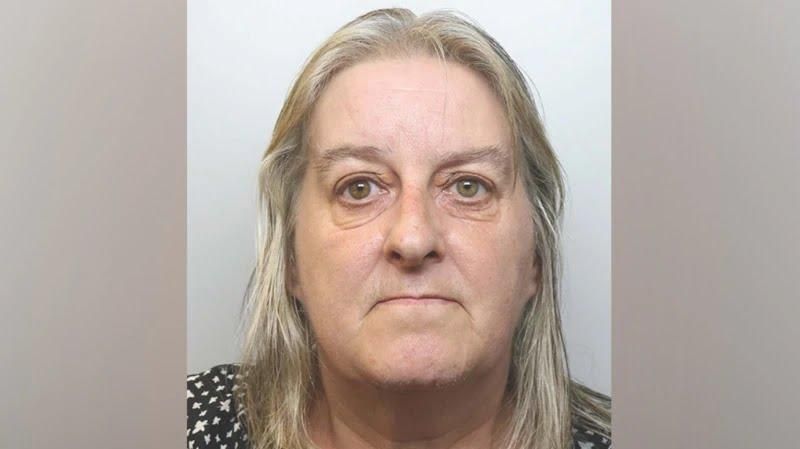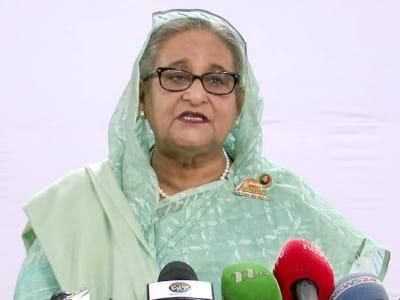The news that inflation is rising once more is sure to make prospective mortgage applicants cringe.
However, a tiny breath of relief is appropriate despite the fact that consumer price increases increased by 2.2 percent in the year to July, up from 2 percent the month before.
The headline inflation rate was expected to rise, as most economists had projected. However, markets were relieved when the increase on Wednesday was smaller than the 2.3pc expected.
These graphs illustrate why the underlying numbers should delight both borrowers and rate-setters at the Bank of England.
Inflation rising above the Bank of England’s 2pc target to 2.2pc hardly seems like news worth celebrating – but the fact that traders had predicted a rise of 2.3pc means things could certainly be worse.
This was alongside the belief that price pressures would ease by just 0.1pc on a monthly basis, which again came in better than expected at 0.2pc.
Another positive came from services inflation growing slower than many had thought.
Traders have welcomed these positive developments and are now fully pricing in two more interest rate cuts by the end of the year.
This would bring the Bank of England’s base rate to 4.5pc from 5pc, following on from the first cut from 5.25pc in August.
Ruth Gregory from Capital Economics said that while rate-setters may hold off from cutting again immediately in September, the numbers “will reassure the Bank of England that the disinflation process is on track and opens the door to more interest rate cuts later this year”.
A key concern among the Bank of England’s Monetary Policy Committee has been how quickly the cost of services are rising, whether that be dining out or hiring a cleaner. According to the latest figures, services inflation is still 5.2pc higher than a year ago.
However, things are improving across this category too, as analysts had wrongly predicted that services inflation would slow from 5.7pc to 5.5pc.
This drop is significant because it demonstrates how underlying price pressures are beginning to ease. The impact of this is also feeding through to businesses that provide services, which are particularly price-sensitive to pay increases.
The better-than-expected figure comes as separate data on Tuesday showed wages rising at the slowest pace in two years.
Meanwhile, the closely-watched core inflation measure – which strips away volatile prices like food and energy – fell to the lowest level since September 2021, to 3.3pc.
The key reason why services inflation rose by less than expected is that the cost of hotel accommodation fell significantly year-on-year, driven in part by the end of Taylor Swift’s UK-wide tour.
Prices in restaurants and hotels fell by 0.4pc from June to July, with the reduction driven almost entirely by the latter. While on an annual basis prices across this category are still up 4.9pc, this represents the lowest increase since January 2022.
Elsewhere, the overall headline rate ticked up after energy costs fell by less in July than a year earlier, driven largely by gas prices. While monthly gas prices fell by 7.8pc in July, it pales in comparison to the 25.2pc drop a year earlier.
Philip Shaw at Investec said: “The most significant factor behind the strengthening in the headline rate of inflation was gas and electricity prices.
“Helping to mitigate this was a more modest monthly increase in airfares than a year ago and a drop in accommodation prices, the latter perhaps reflecting the end of Taylor Swift’s Eras UK tour.”
However, for many families, life will still feel a lot more expensive than before, particularly as foods like milk, cheese and eggs continue to rise. The same goes for fruit.
Another measure of inflation showed that homeowners faced an increase of 7pc in housing costs in the year to July. This is the sharpest annual rise since March 1992 and underlines how the pain from higher mortgage rates continues to feed through to homeowners.
For most of the cost of living crisis, the UK was an outlier for the wrong reasons.
However, the latest figures show that for the fourth month in a row, inflation is lower than in France and Germany, where headline rates are 2.7pc and 2.3pc respectively.
The change in fortunes highlights why Rachel Reeves and the Government will be unable to complain about their economic inheritance from the Conservatives for long.
Inflation is rising slower than expected, growth has consistently outperformed forecasts and the Bank of England is poised to deliver more rate cuts. All of which will serve as a relief, not only for the Chancellor but for households across the country.
Lalitha Try, an economist at the Resolution Foundation, said: “The first rise in inflation in seven months may sound like bad news, but in fact the small size of the increase – and the sharp fall in services inflation that lies behind it – is good news for both consumers and policy makers.”
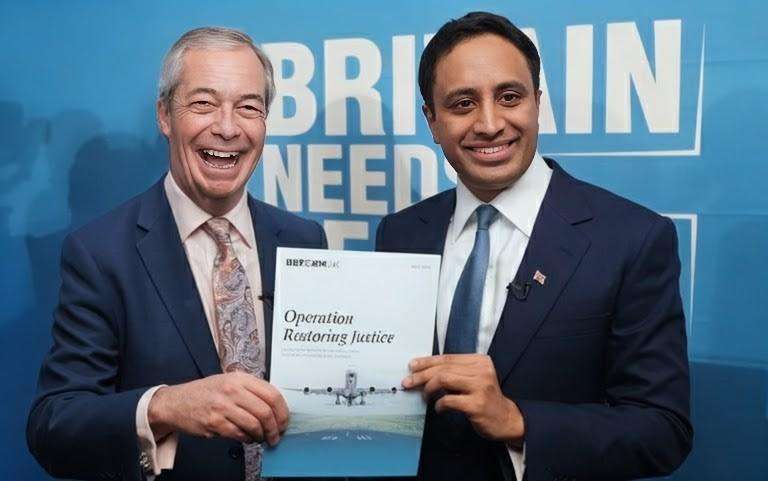


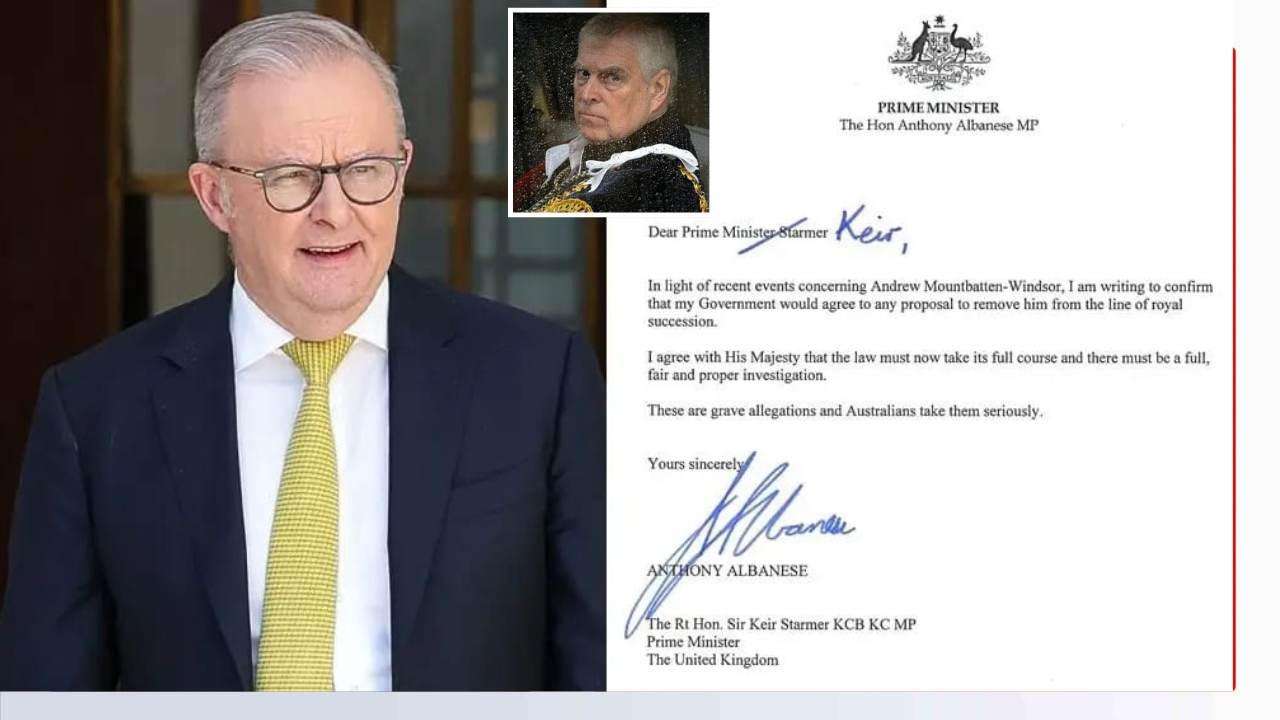



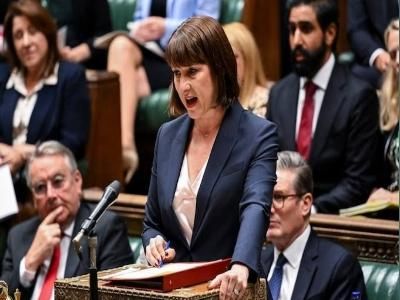
.svg)

